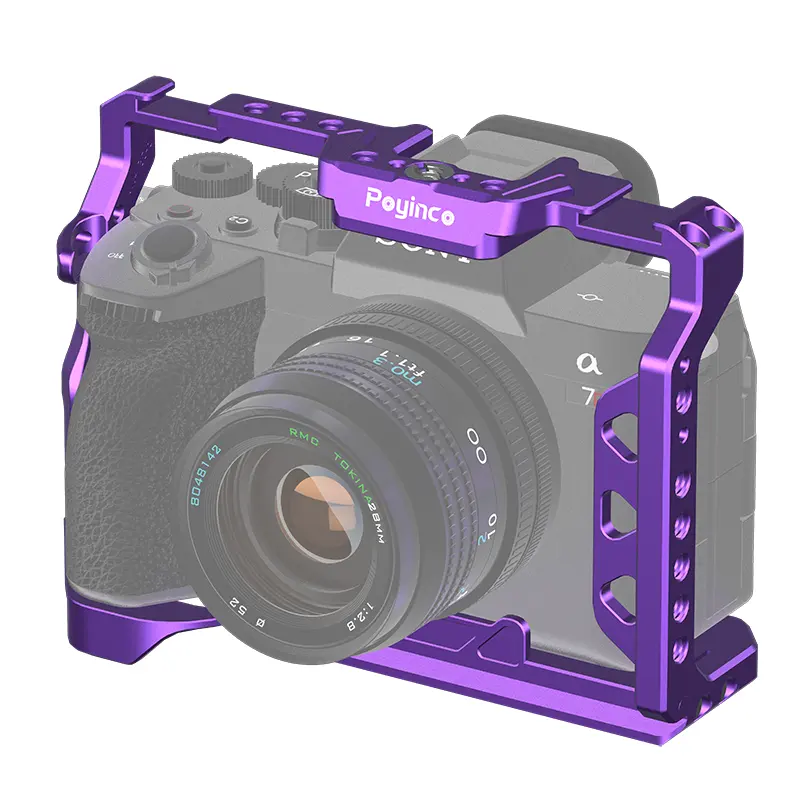

Time:2025-02-13 Views:1

High precision micro hole machining is a crucial manufacturing process in various industries, including electronics, aerospace, and medical. This process involves creating extremely small holes with high accuracy and surface quality.
One of the key challenges in high precision micro hole machining is achieving the required hole diameter and depth tolerance. In the electronics industry, for example, micro holes are often used in printed circuit boards (PCBs) to connect different layers. These holes typically have diameters in the range of a few micrometers to a few hundred micrometers, and the tolerance requirements can be as tight as a few micrometers. Achieving such high precision requires advanced machining techniques and equipment.
There are several methods for high precision micro hole machining. Laser machining is a popular choice because it offers high precision, non contact processing, and the ability to create holes in a variety of materials, including metals, ceramics, and polymers. The laser beam can be focused to a very small spot size, allowing for the creation of extremely small holes. Electrical discharge machining (EDM) is another method that is suitable for machining hard and conductive materials. It works by using electrical discharges to erode the material, and it can achieve high precision and good surface finish.
The surface quality of the micro holes is also an important consideration. A smooth surface is often required to ensure proper functionality, especially in applications such as fluid flow or electrical conductivity. After machining, additional processes such as polishing or chemical treatment may be necessary to improve the surface quality.
High precision micro hole machining also requires strict process control. Factors such as the machining parameters (e.g., laser power, pulse duration, feed rate), the material properties, and the environmental conditions can all affect the machining results. Therefore, real time monitoring and adjustment of the machining process are often necessary to ensure consistent quality.
Read recommendations: